The United States Agency for International Development (USAID), through the US Embassy Dhaka, is launching the One Health project aimed at enhancing infectious disease prevention and control in Bangladesh.
In collaboration with the US Congress, USAID will allocate up to $26 million over five years to work closely with relevant ministries in Bangladesh. The project aims to coordinate efforts in preventing, detecting, and responding to infectious diseases affecting both humans and animals, while also addressing other pandemic threats more effectively.
The key ministries involved in this initiative include health, fisheries and livestock, and environment ministries.
"We are delighted to continue our partnership with Bangladesh to safeguard people from infectious diseases such as avian flu or other animal-borne illnesses, ultimately enhancing human, animal, and environmental health," stated USAID Mission Director Reed Aeschliman on Tuesday.
Earlier this month, Bangladesh was identified as one of the 50 partner countries under the US government’s new Global Health Security Strategy 2024.
The USAID One Health Project aims to build the One Health workforce at both national and local levels to enhance disease detection and surveillance. Additionally, it seeks to bolster laboratory systems to improve diagnostic capabilities.
Furthermore, the project will assist local institutions in mitigating the impact of antibiotic resistance among humans and animals. It will establish early warning systems to enable multiple government ministries to track outbreaks efficiently and collaborate for a unified response.
Implemented by Development Alternatives Incorporated (DAI) in partnership with a consortium from the Center for Natural Resource Studies, Chittagong Veterinary and Animal Sciences University, Eastern Mediterranean Public Health Network, and mPower Social Enterprises, the USAID One Health Project aims to significantly enhance Bangladesh's capacity to manage infectious diseases and other health challenges.



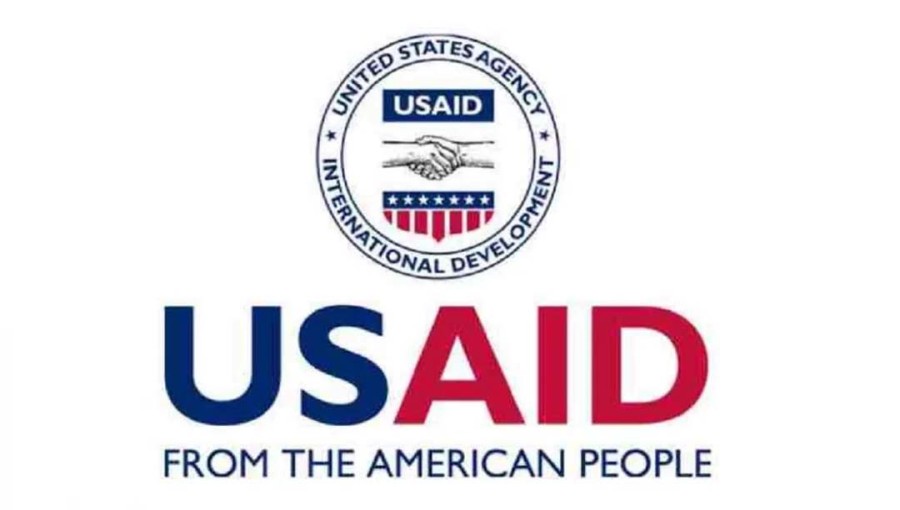
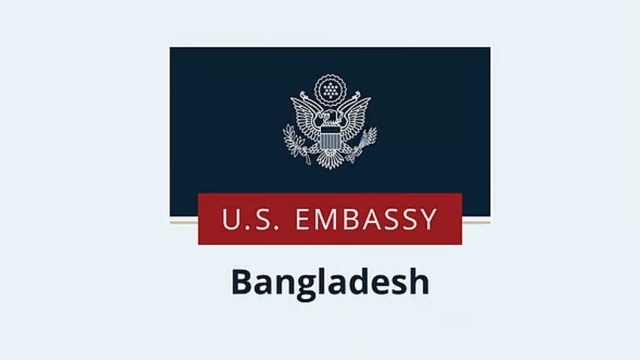
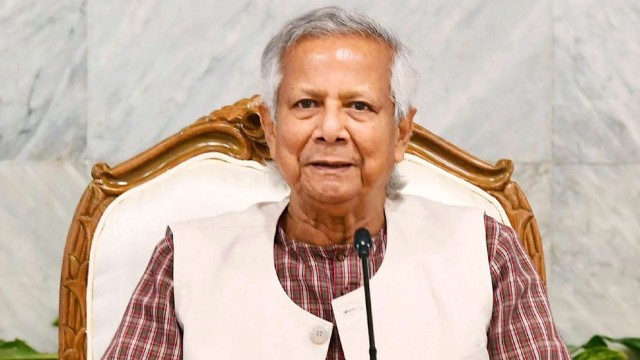
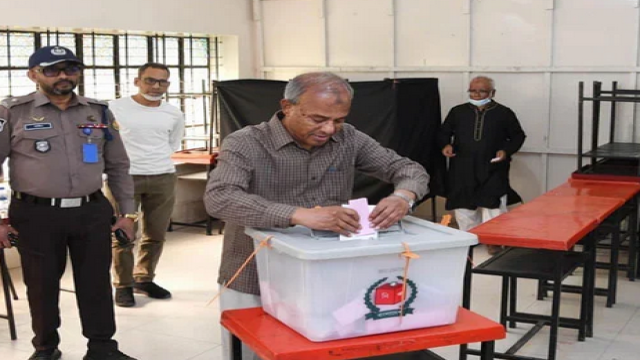

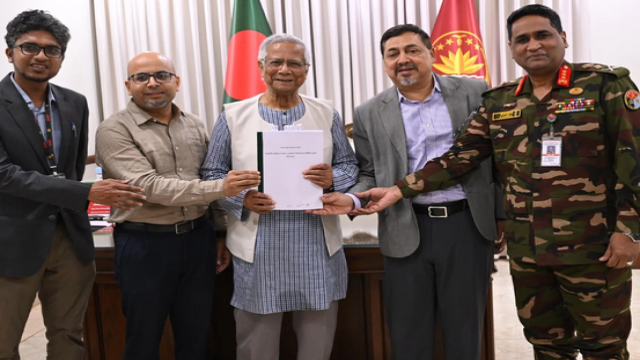


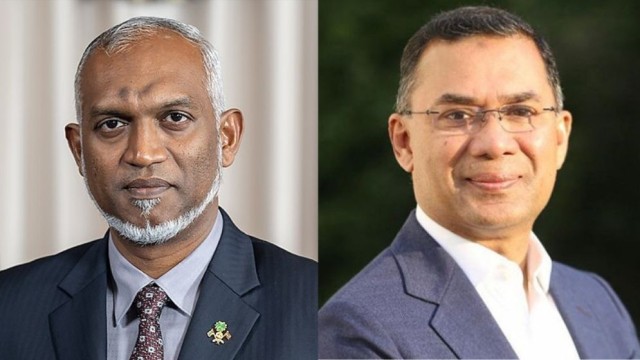



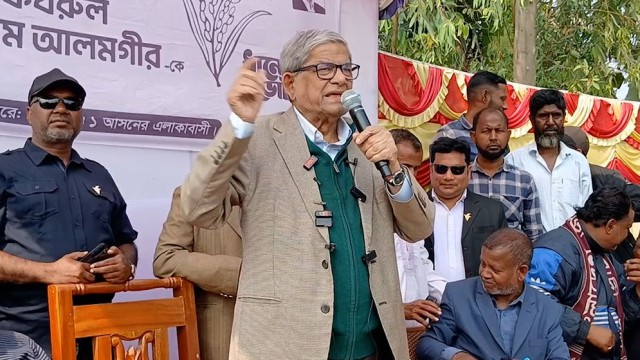















Comment: